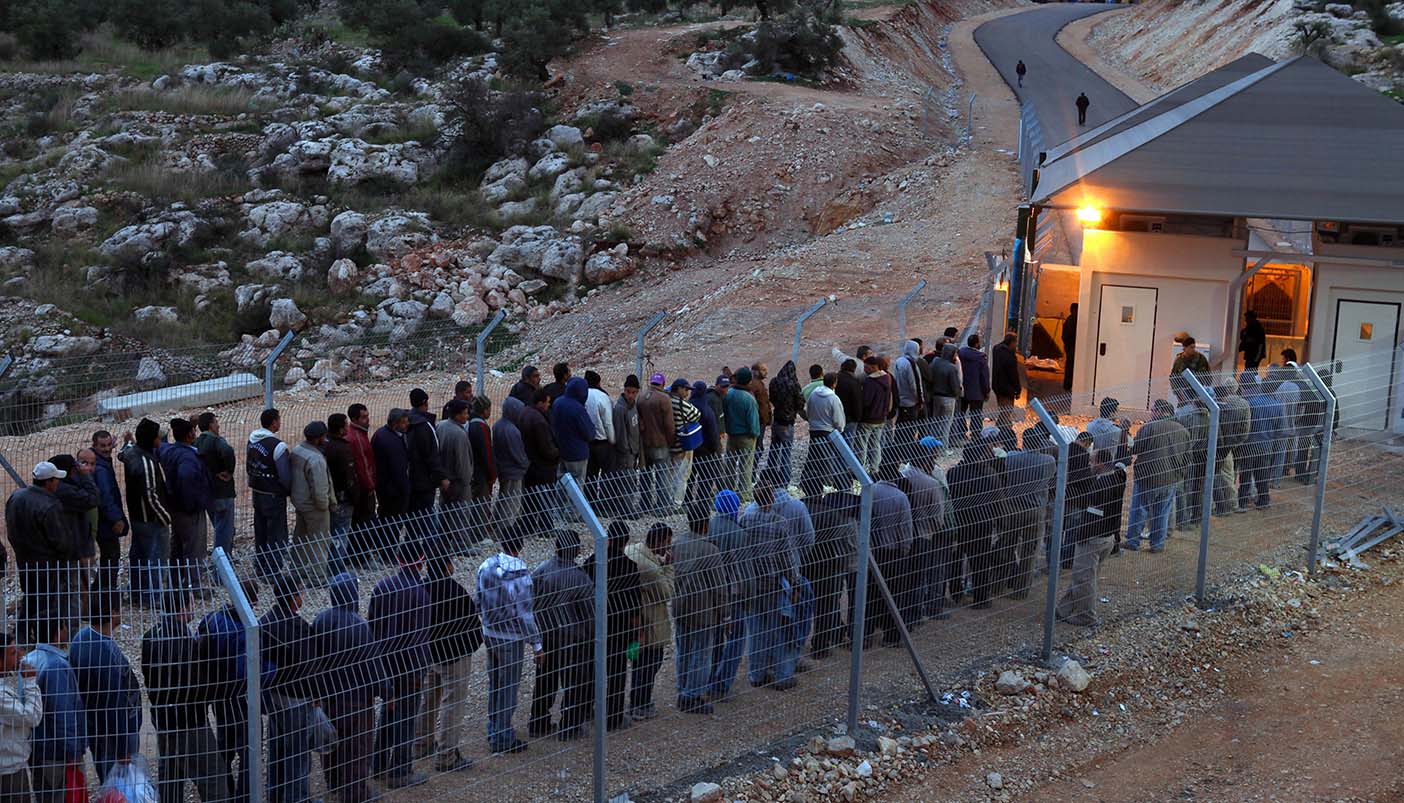The term "apartheid," historically associated with South Africa’s racial segregation policies, has increasingly been used to describe the treatment of Palestinians under Israeli rule. This comparison has sparked intense debate, with figures like Nobel Peace Laureate Archbishop Desmond Tutu highlighting parallels between the two situations.
The Context of Occupied Territories
Palestinians living in the Occupied Territories face a daily reality that resonates with the oppressive systems seen in apartheid South Africa. Movement is severely restricted by checkpoints, which disrupt basic activities such as traveling to work or accessing medical care. For many, obtaining a permit to leave their homes is a privilege, not a right, and failure to secure one can result in arbitrary detention.
This dehumanizing experience is compounded by the existence of Israeli settlements, which fragment Palestinian territories into isolated enclaves. The roads and resources in these areas are often reserved exclusively for settlers, further marginalizing Palestinian residents.
South Africa and the BDS Movement
The Boycott, Divestment, and Sanctions (BDS) movement, inspired by the anti-apartheid struggle in South Africa, aims to pressure Israel through economic and cultural boycotts. Advocates argue that the systemic discrimination faced by Palestinians is reminiscent of apartheid-era policies, making the analogy not only relevant but necessary to address ongoing injustices.
Citizenship and Inequality
Palestinian citizens of Israel, often referred to as “Israeli Arabs,” make up approximately 20% of the population. While they possess the right to vote and hold parliamentary seats, they face institutional and societal discrimination. Surveys reveal widespread prejudices, with many Israeli Jews opposing shared neighborhoods or workplaces with Arabs. Government policies often reflect these biases, providing inferior public services to Arab communities.
In the Knesset, Arab parties face marginalization and exclusion from ruling coalitions. Even when represented, Arab members of parliament endure harassment and hostility, particularly when they voice dissenting views on Israeli policies.
Occupied Territories: An Extreme Case
The discrimination in the Occupied Territories is even more pronounced. Unlike Palestinian citizens of Israel, residents of the West Bank and Gaza lack voting rights in Israeli elections, despite living under Israeli control for decades. Their freedom of movement is curtailed by military checkpoints, and their land is frequently confiscated for the construction of illegal settlements.
The violence used to enforce these policies often exceeds the repressive measures seen in apartheid South Africa. The Israeli military’s actions, such as the bombardment of Gaza, have caused mass casualties and widespread destruction, drawing condemnation from human rights organizations worldwide.
The Apartheid Analogy
Apartheid, by definition, involves systemic segregation and discrimination based on race or ethnicity. The policies governing Palestinians—whether in Israel or the Occupied Territories—fit this definition in significant ways. Palestinian rights to land ownership, movement, and self-determination are systematically undermined, creating a stark disparity between Jewish settlers and the indigenous Palestinian population.
South African leaders and activists, including Zwelinzima Vavi of COSATU and Ronnie Kasrils of the ANC, have been outspoken in their critiques. Kasrils, in particular, noted that the scale of oppression in the Occupied Territories makes apartheid-era South Africa “look like a picnic.”


